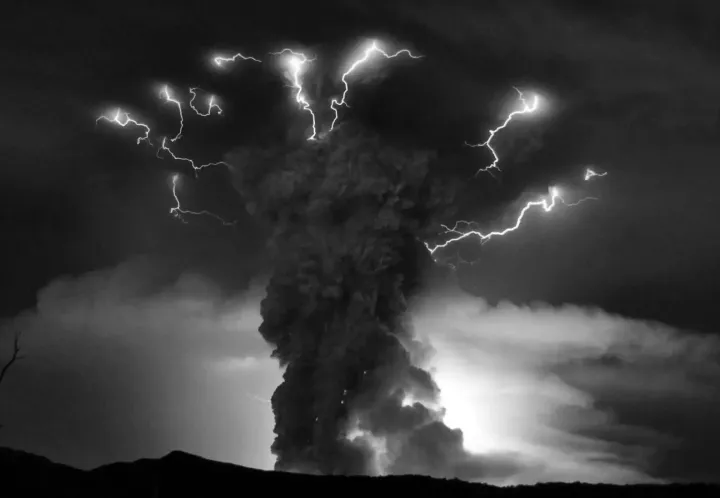④ Enduring Dreams: a note on cinematic time

THE CINEMATIC MOMENT
We know the present to have no extension not from the spatial habits that preceded ours but from the cinematic moment. This differs again from that of the still. The photo does not represent an arrested moment, like the image before us whether on a screen or here now when we open our eyes, until we imagine it to participate in a succession similar to that of cinematic time and projecting it back imagine what happened before and will happen after the photo was taken.
Mist will rise from the lake. The car was out of control before crashing into the tree. There will be casualties. There will be further effects of light. For Bergson the now of the still photo has a depth, an inner duration, but not from the time it was taken. From the time internal to the technical mechanism the image will have an inner time.
This time thickens and thins. It sticks sometimes and sometimes stutters and for intervals is still as in the still shot. It is not made up so much of homogeneous continuity as of a heterogeneous and fluid succession of discontinuities.
Like reading Bergson today, his time and the experience of time slowing or quickening, or even time stopping, seems unnatural. It poses a problem as if breaking not just with habits of thought but with conscious experience. Conscious experience, that is to say subjective experience, unreels its moments in succession.
Whatever special effects occur, like the slowmo we experience when about to fall down a flight of stairs, affect the moment. They are momentary. They pass and normal transmission resumes.
These moments are anomalous and not the rule that consciousness sets for itself. Science comes to our aid to explain the anomalies, a big hit of adrenalin, an alteration in brain chemistry, fight or flight, and solve the problem. In the resumption of normality, of memory not overcoming the present as it does for the old, of the promise of the future not taking over the present, of it not holding inestimable riches as it does for the young but merely calculable ones, conscious inner experience, consciousness has the continuity and the density of a film.
Dissociation and other pathologies, for example narcissistic lack of empathy, result from its thinness. The burnout that comes from overinvestment, broken-heartedness and fits of depression may result from its thickness. We need a happy medium to be healthy. We need more comedies. We need more hero movies.


